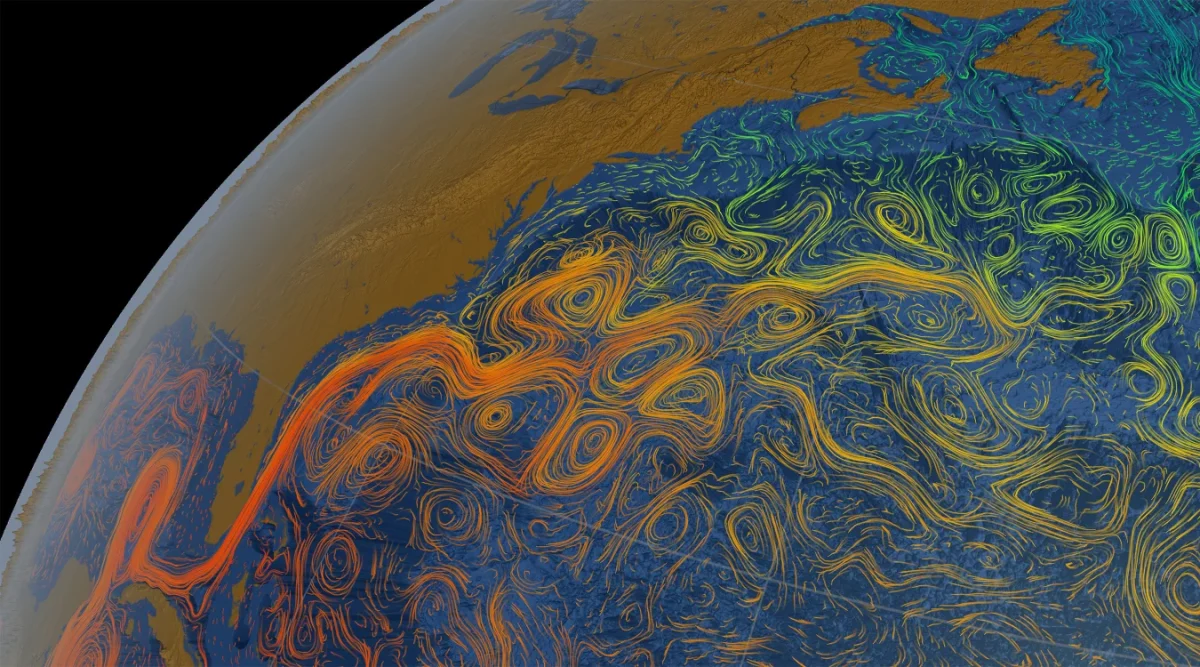The Antarctic circumpolar current is the most powerful ocean current in the world. This current is both remote and enigmatic, significantly impacting climate, food systems, and Antarctic ecosystems. It is five times more powerful than the Gulf Stream and over 100 times stronger than the Amazon River.
This current is a vital part of the global ocean conveyor belt that connects the Pacific, Atlantic, and Indian Oceans. These systems are crucial in regulating Earth’s climate as well as distributing water, heat, and nutrients worldwide. Unfortunately, the fresh, cool water from the melting ice in Antarctica is diluting the salty ocean water, which could potentially disrupt this essential current.
Recent studies indicate that by the year 2050, the Antarctic Circumpolar Current will slow down by 20% due to global warming, detrimentally impacting life on our planet. This current functions similarly as a protective moat around Antarctica; it helps prevent warm water from reaching the icy continent and safeguards sensitive ice sheets. Additionally, it serves as a barrier against invasive species like the southern bull kelp, affecting their allocation as they drift; it plays a significant role in regulating Earth’s climate. Understanding this current is challenging due to its remote location which makes direct measurements of it difficult to obtain.
There are significant and extensive consequences associated with a diminished current. This principal current is responsible for circulating nutrient-dense waters around Antarctica and is crucial to the surrounding ecosystem. The reduction of this current could lead to a decline in biodiversity and a drop in the productivity of fisheries that support many local communities. This could potentially facilitate the entry of invasive species, which would disrupt the local ecosystem and alter food webs in Antarctica.
A weaker current might also permit more warm water to infiltrate, accelerating the melting of ice shelves and contributing to global sea-level rise. The faster melting of ice could further exacerbate the weakening of the current, resulting in a slowdown. The disruption could extend global climate patterns; decreasing the ocean’s ability to even regulate climate change by absorbing excess heat and carbon in the atmosphere.





































